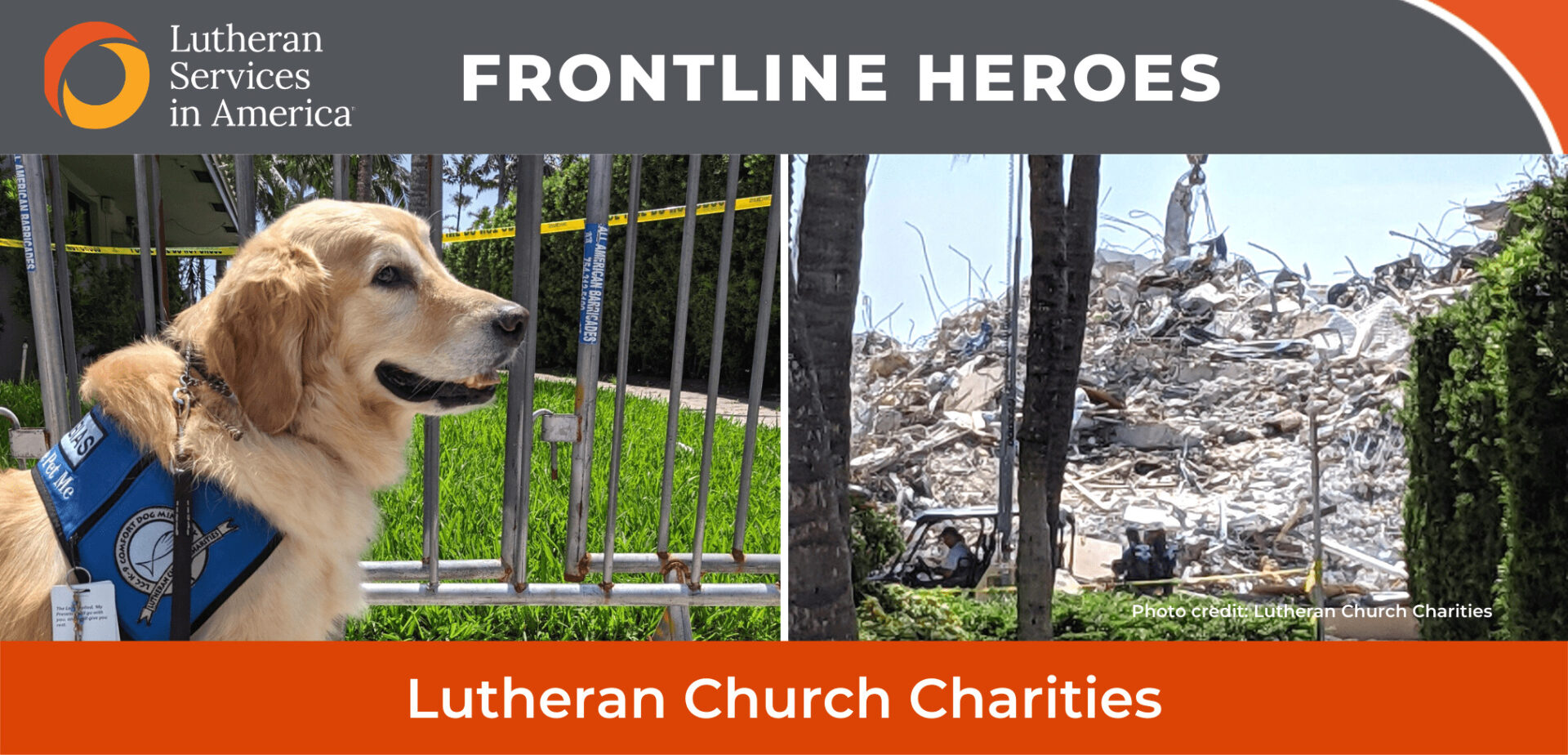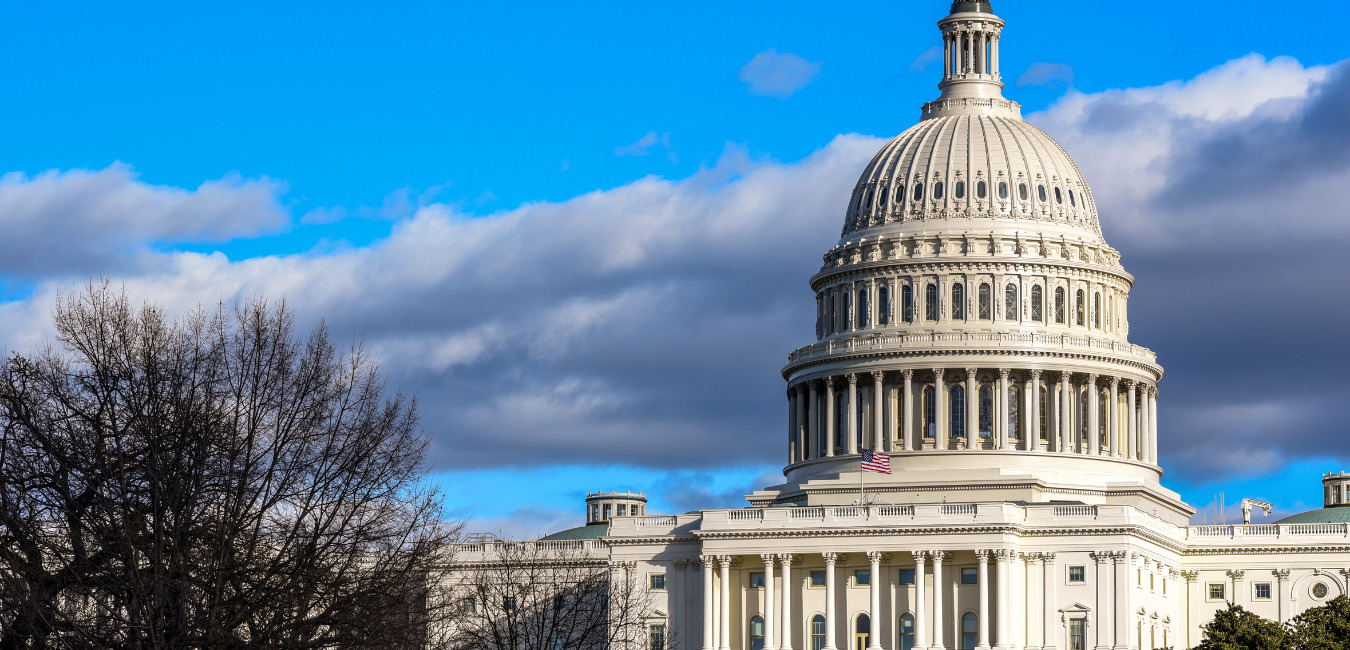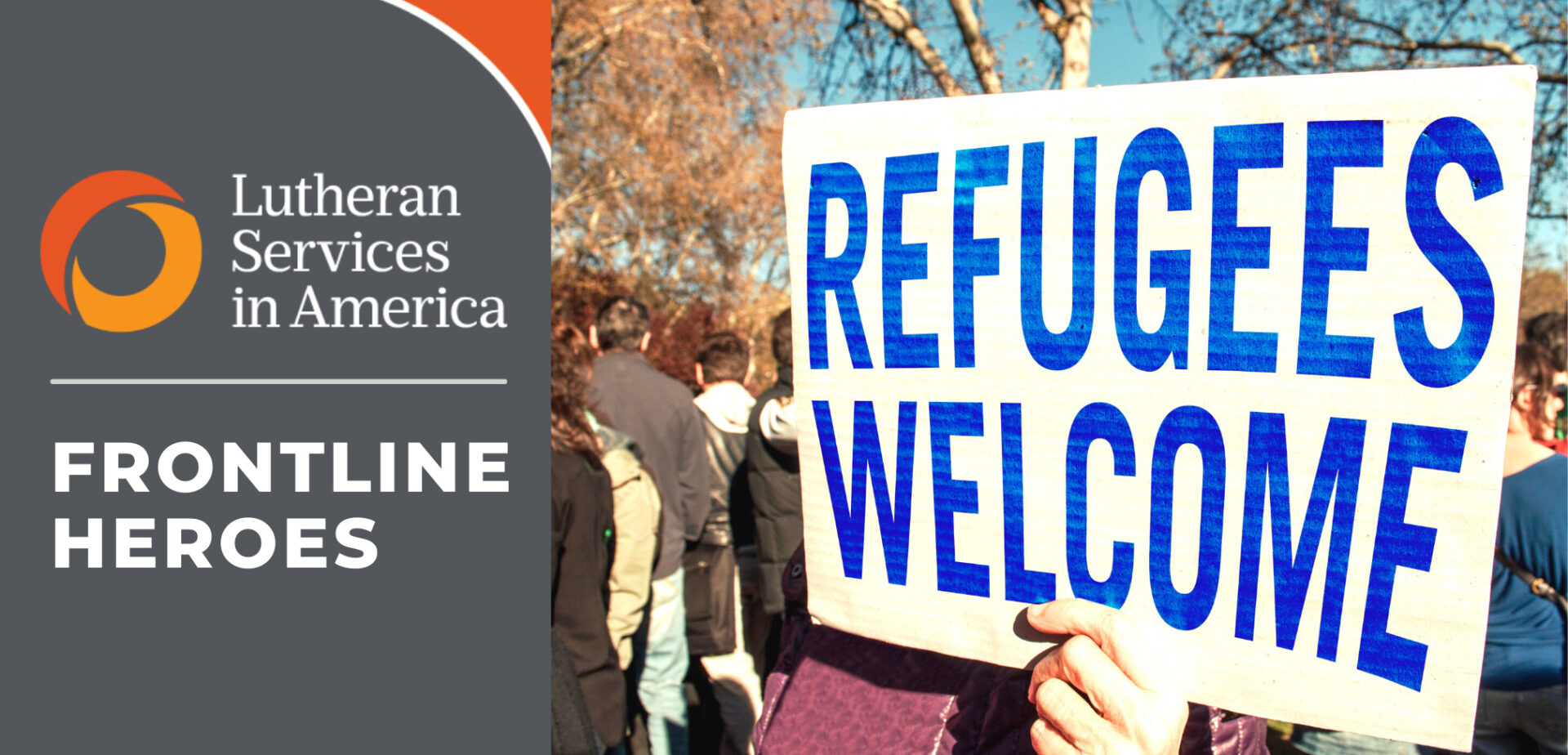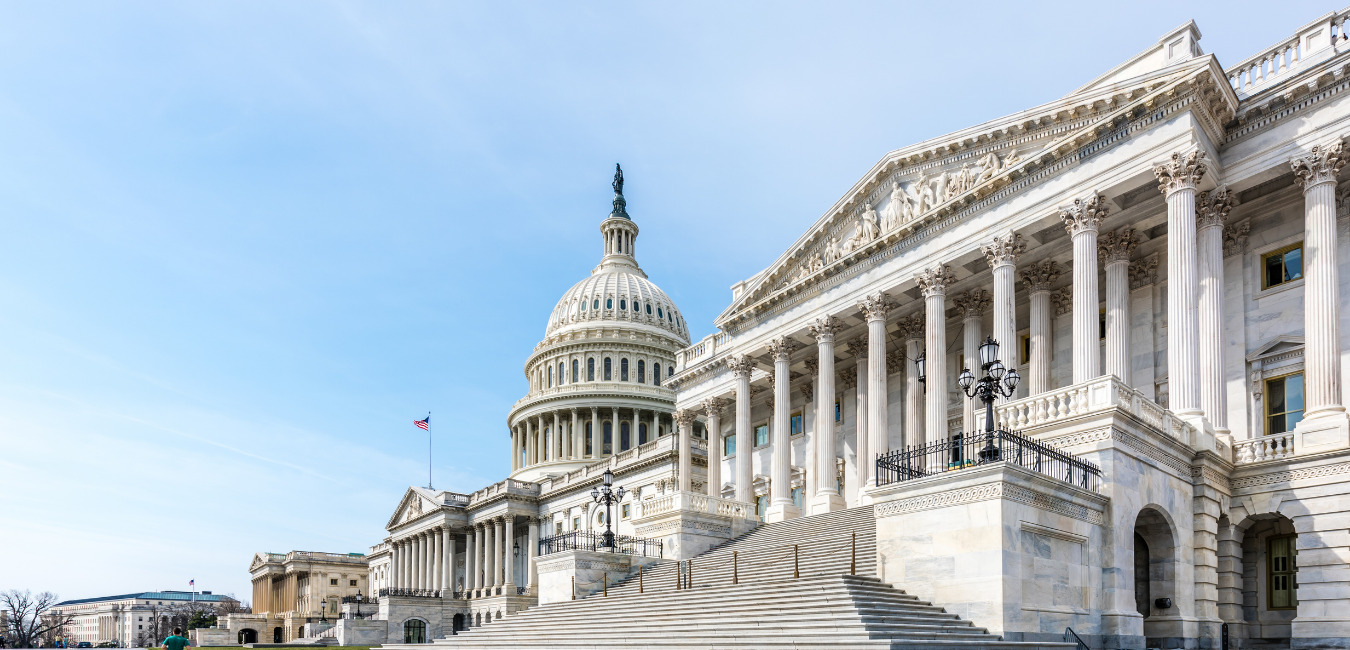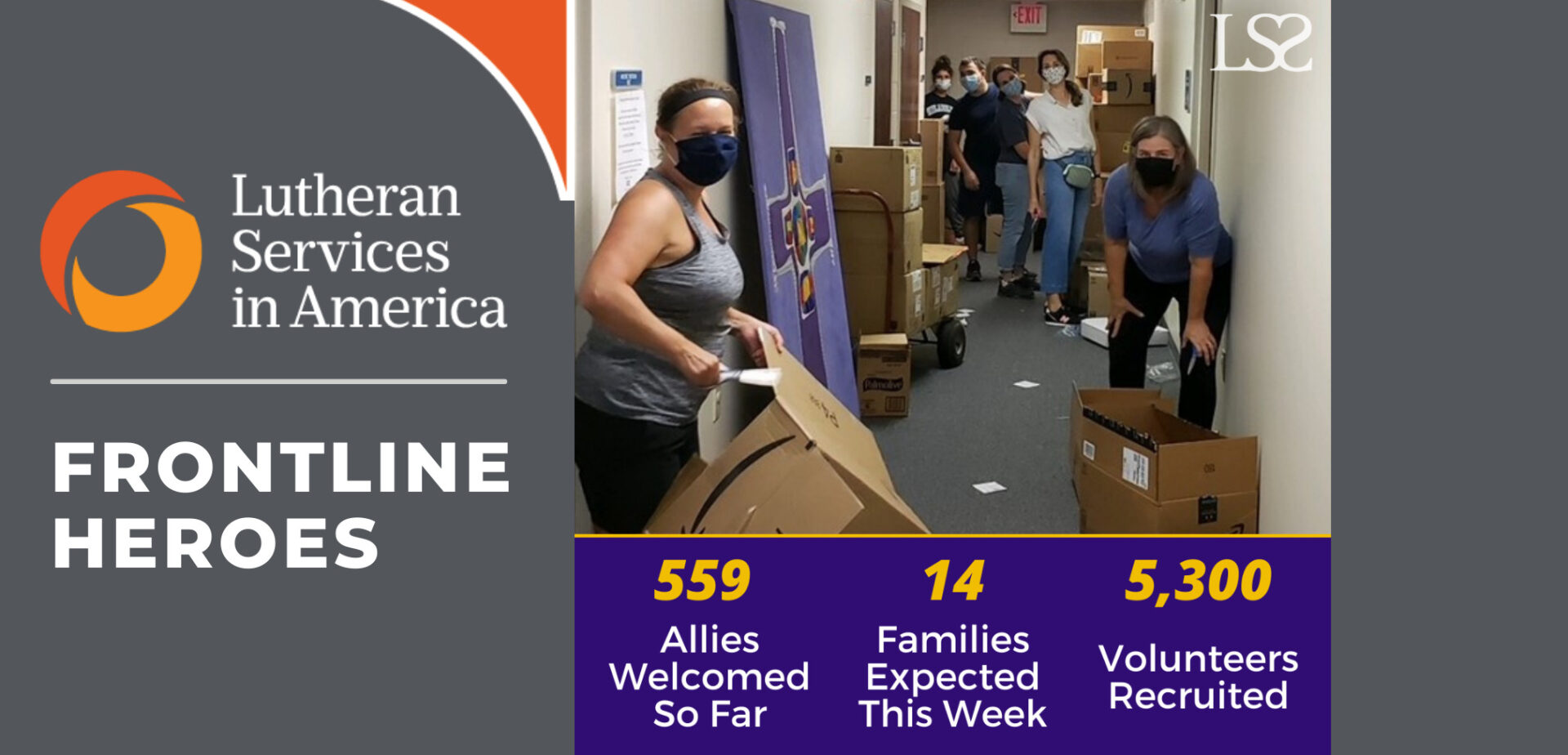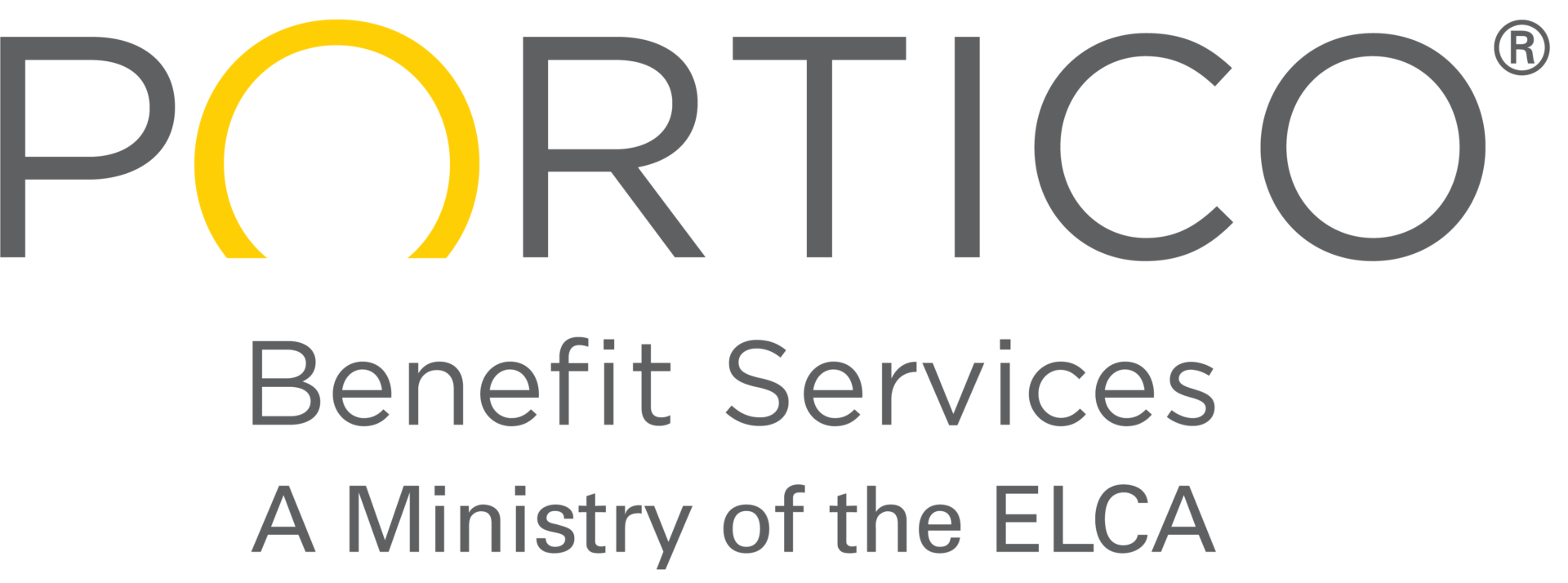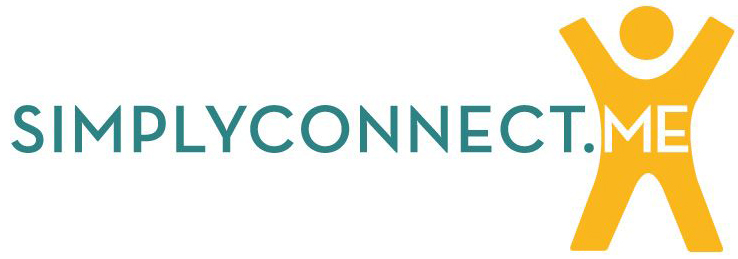Congressional Committees Move Forward with Drafting “Human Infrastructure” Package, Path to Passage Remains Challenging
Congressional committees have moved forward with crafting legislative language for the broad “human infrastructure” package. Democratic party leaders are optimistic that the House will vote on a package the last week of September, with relatively quick Senate approval to follow, but the process remains complicated due to continued disagreement within the party on the final cost of the package and what should be included.
A highlight for our network in the legislation in its current form is $1.48 billion to fund strategies to recruit and retain direct care workers, including raising wages and creating training opportunities to help address the direct care workforce shortage. A $190 billion investment in home- and community-based services is also included, falling short of the $400 billion proposed by the President. Congressional champions are continuing to fight for an increase in this funding, and Lutheran Services in America continues to advocate for the higher amount.
Please join us in this effort through our advocacy alert.
HHS to Release Additional $25.5 Billion in COVID-19 Provider Funding
The Department of Health and Human Services announced it will be making available to health care providers affected by the COVID-19 pandemic an additional $25.5 billion: $8.5 billion in American Rescue Plan (ARP) resources for providers who serve rural Medicaid, Children’s Health Insurance Program (CHIP) or Medicare patients, and an additional $17 billion for Provider Relief Fund (PRF) Phase 4 for a broad range of providers who can document revenue loss and expenses associated with the pandemic. The application portal will open on September 29.
To expedite the application process, providers will apply for both programs in a single application. PRF Phase 4 payments will be based on providers’ lost revenues and expenditures between July 1, 2020, and March 31, 2021. Additionally, PRF Phase 4 will reimburse smaller providers at a higher rate compared to larger providers and will include bonus payments for providers who serve Medicaid, CHIP, and/or Medicare patients. Lutheran Services in America will provide more information, as well as a link to the portal, when it is created.
Biden Administration Expands Proposed Vaccination Mandate to Cover All Medicare/Medicaid Health Care Facilities
The Biden Administration on September 9 announced that previously announced proposed emergency regulations requiring COVID-19 vaccinations for nursing home workers will be expanded to cover all staff within any Medicare- or Medicaid-certified facility. This includes hospitals, dialysis facilities, ambulatory surgical settings, and home health agencies, among others. The Centers for Medicare and Medicaid Services (CMS) is developing an Interim Final Rule and expects to publish it in October with a Public Comment Period. Lutheran Services in America is seeking additional feedback opportunities for affected providers like our members and will issue updates as we receive them, along with more information about how to comment when the rule is published.
Upcoming Congressional Town Hall Meetings
Members of Congress continue to hold virtual town hall meetings to address constituent concerns about coronavirus relief. Here is a look at upcoming sessions (click links below to find out how to join):
| Member |
District |
Party |
Format |
Date & Time |
Link |
| Rep. Gregory Meeks |
NY-5 |
D |
Facebook |
Every Tuesday at 5 pm ET |
More information |
| Rep. Ralph Norman |
SC-5 |
R |
Telephone |
Thurs. Sept. 23, 6 pm ET |
More information |
| Rep. Lizzie Fletcher |
TX-7 |
D |
Telephone |
Sun. Sept. 26, 4 pm CT |
More information |
| Rep. Brad Sherman |
CA-30 |
D |
Telephone |
Tues. Sept. 28, 7 pm PT |
More information |
By Sarah Dobson, Director of Public Policy and Advocacy
